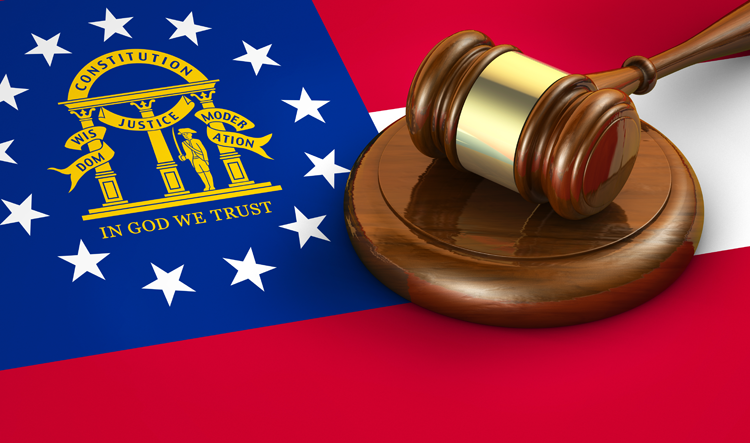High Court Tariff Opinion Confirms Agency Power, Winning Lawyer Says
The U.S. Supreme Court has ruled the Commerce Department has authority to impose a 20 percent tariff on enriched uranium imports from France under a U.S. anti-dumping law.
Writing for a unanimous court, Justice David H. Souter said the Commerce Department’s treatment of enriched uranium as goods rather than services was a permissible interpretation of the law, Reuters reports. The anti-dumping law provides for tariffs on foreign merchandise sold in the United States at less than its fair value.
Souter’s opinion (PDF) overturned an appeals court ruling that transactions for uranium enrichment were sales of services rather than goods that weren’t subject to anti-dumping provisions.
Souter said the parties contracting for uranium enrichment are free to regard the agreements governing the transactions as sales for services, but the Commerce Department is not bound by that interpretation. “Surrender to private contractual terms is especially uncalled for in dealing with international tariffs,” he wrote.
The ruling is a victory for a U.S. company that enriches uranium, USEC Inc., which had challenged the earlier ruling by the U.S. Court of Appeals for the Federal Circuit, the Associated Press reports. The company contends sales of foreign imports at less than fair value were harming the domestic enrichment industry.
Sheldon Hochberg, a partner at Steptoe & Johnson who has overseen the case for USEC, says today’s opinion has implications outside the uranium context—and even outside the trade context.
Souter’s opinion—which gives Commerce authority to interpret contracts reasonably in determining whether they are subject to regulation—could apply to many kinds of industries, Hochberg said in an interview with the ABA Journal. “Think about steel,” he said. Its sale could be treated as a contract for manufacturing services rather than the sale of a good.
The opinion could also apply to attempts to write contracts to avoid regulation by other federal agencies, he said. He gives some examples: A contract could be written to claim a sale of land accompanied by a management contract is not a security subject to regulation by the Securities and Exchange Commission. Or, a contract for the sale of natural gas could be structured as a contract for transportation to avoid energy regulation.
Hochberg says the case represents the first time the Supreme Court has ruled on the 1921 anti-dumping law that was recodified in 1930. “For trade law purposes, it’s pretty historic,” he told the ABA Journal.
The consolidated cases are U.S. v. Eurodif, and USEC v. Eurodif and the Ad Hoc Utilities Group.
Updated at 12:45 p.m. CT to add comments from Hochberg.



